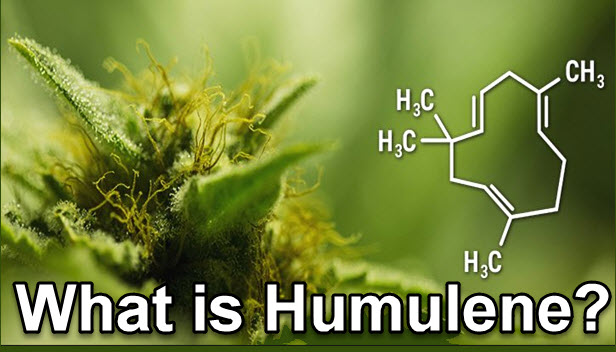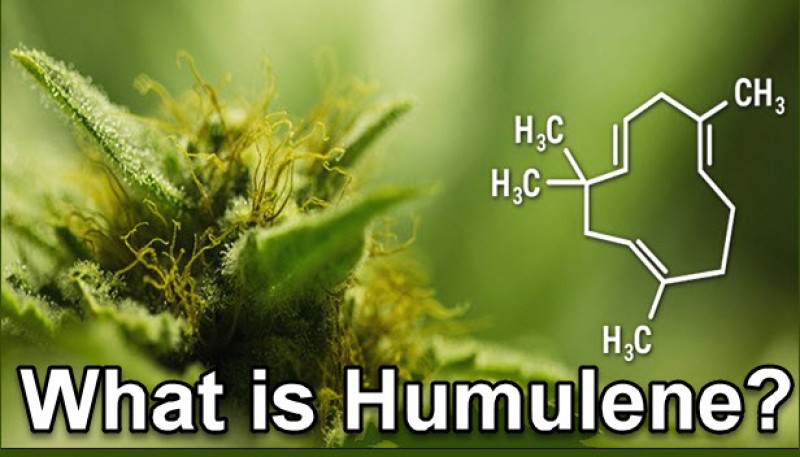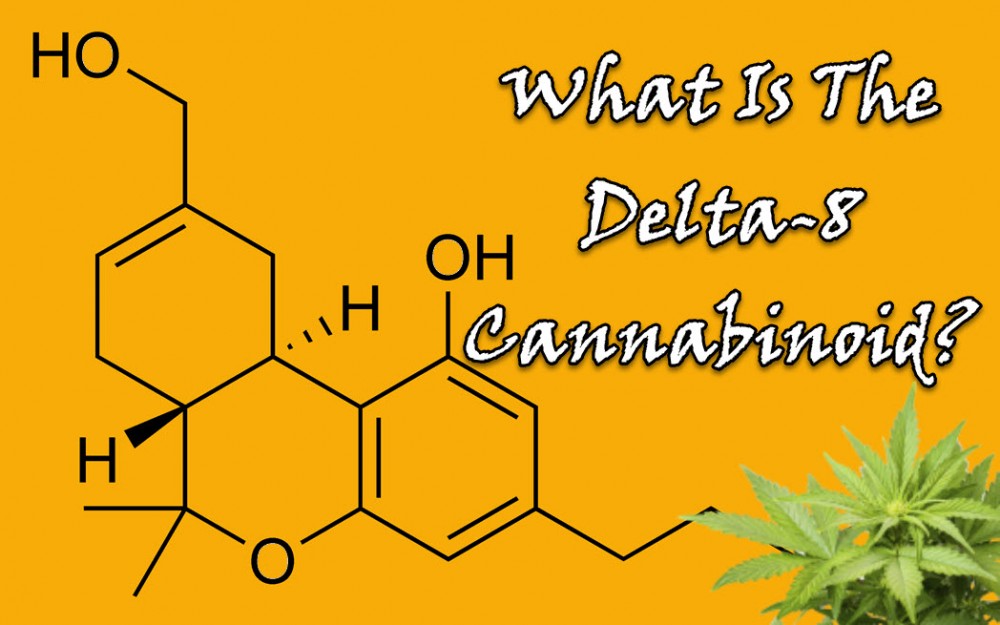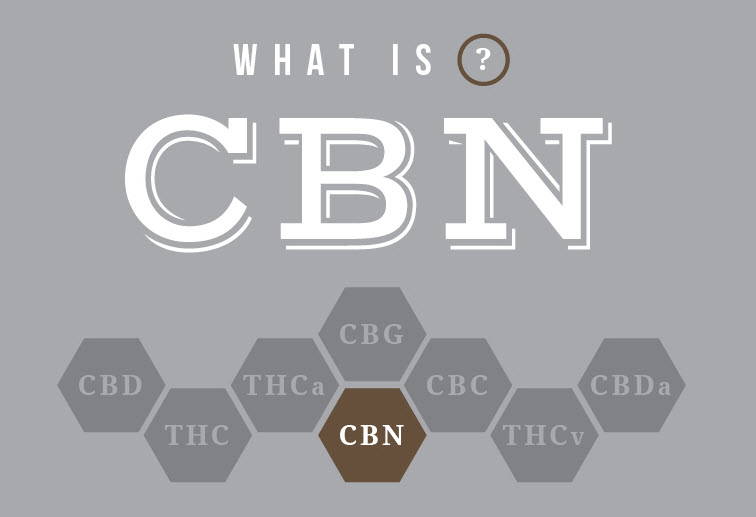Humulene: The Cancer-Fighting and Brain-Protecting Terpene

There are more than 20,000 terpenes that are found in plants all over the world. Terpenes are the compounds that are responsible for giving plants and flowers their unique aroma and flavor, and the same goes for cannabis.
There are four main classes of terpenes, which are categorized based on the number of isoprene units in each. These are Monoterpenes, Sesquiterpenes, Triterpenes, and Tetraterpenes. Studies of sesquiterpenes revealed that these terpenes have the ability to penetrate the blood-brain barrier, and it’s one of the few naturally-occurring compounds in the world that can do so. The blood-brain barrier is the barrier between the blood vessels in the brain, or the capillaries; and the cells as well as other components that comprise blood tissue. This barrier protects the brain from harmful substances, and by nature is selectively permeable which means that it will only allow certain compounds to pass through. However, most pharmaceutical drugs do not have the capability to cross the blood-brain barrier which is why it’s so difficult to find effective drugs that help with Alzheimer’s, Parkinson’s, multiple sclerosis, Lou Gehrig’s, and other neurodegenerative diseases.
But while more studies are needed, the ability of sesquiterpenes to pass the blood-brain barrier gives hope for developing novel treatments aimed at easing the symptoms or preventing neurodegenerative diseases.
When there is a high amount of sesquiterpenes in the brain, it increases the oxygen found in the limbic system especially in the pituitary and pineal glands. As a result, this leads to an increased production in endorphins, antibodies, and neurotransmitters. Scientists also believe that sesquiterpenes can fight cancer because of its ability to erase cancerous cellular data while creating an oxygenated environment where cancer cells cannot multiply.
There are many kinds of sesquiterpenes, but today we’re going to discuss Humulene.
What Is Humulene?
Humulene was first discovered in the Hops flower, whose scientific name is humulus lupulus, hence its name. Humulene possesses an earthy, subtle woody, and spicy flavor. It can also be found in other plants and herbs including black pepper, basil, clove, sage, and – you guessed it: cannabis. Beer wouldn’t be the beer we know today if not for the hoppy taste provided by humulene. It is also the reason why ginger and ginseng have that tangy, burning flavor.
Humulene is one of the main terpenes in cannabis, together with limonene, myrcene, terpinolene, and geraniol. The cannabis plant produces humulene as part of its natural defense mechanism, since it, alongside other cannabinoids and terpenes, act as antibiotics, antifungals, antibacerials, and antidessicants. It helps protect the cannabis plant from animals and insects.
Therapeutic Benefits of Humulene
Many herbal medicines are effective in healing primarily because of its humulene content. Ancient Chinese apothecaries were known to concoct natural medications that were high in humulene. This terpene is released when hops are steeped, and it also acts as a natural sedative. This is why ginseng, pepper, and other herbs rich in humulene can act as natural antibiotics.
Humulene in the cannabis plant has a wide range of therapeutic benefits, as discovered by scientists:
Anti-cancer: Scientists have found that humulene has powerful anti-cancer and anti-tumor properties. They believe that it may have to do with its ability to create Reactive Oxygen Species (ROS), which can then induce cancer cell death through a process called apoptosis. Humulene has also been found to be anti-proliferative which prevents the progression of tumor and cancer cell growth.
Analgesic: Humulene has found to have powerful painkilling properties. Studies say that essential oils containing humulene are more beneficial in treating pain.
Anti-inflammatory: Studies revealed that humulene possesses the same anti-inflammatory properties as dexamethasone, a pharmaceutical steroid. Following the results of this study, another one was conducted to test the topical and oral use of humulene, which confirmed that it was indeed beneficial in effectively reducing inflammation.
Antibacterial: In folk medicine, humulene was used to fight off bacterial infections. Studies of balsam fir essential oil, one that is known to have very high levels of humulene, revealed that it was beneficial in controlling the staph infection.
Appetite suppressant: Humulene has shown to have appetite suppressant qualities, which may be beneficial for people who are trying to lose weight.
Strains High In Humulene
OTHER STORIES YOU MAY ENJOY...
WHAT IS THE DELTA-8 CANNABINOID? CLICK HERE.








